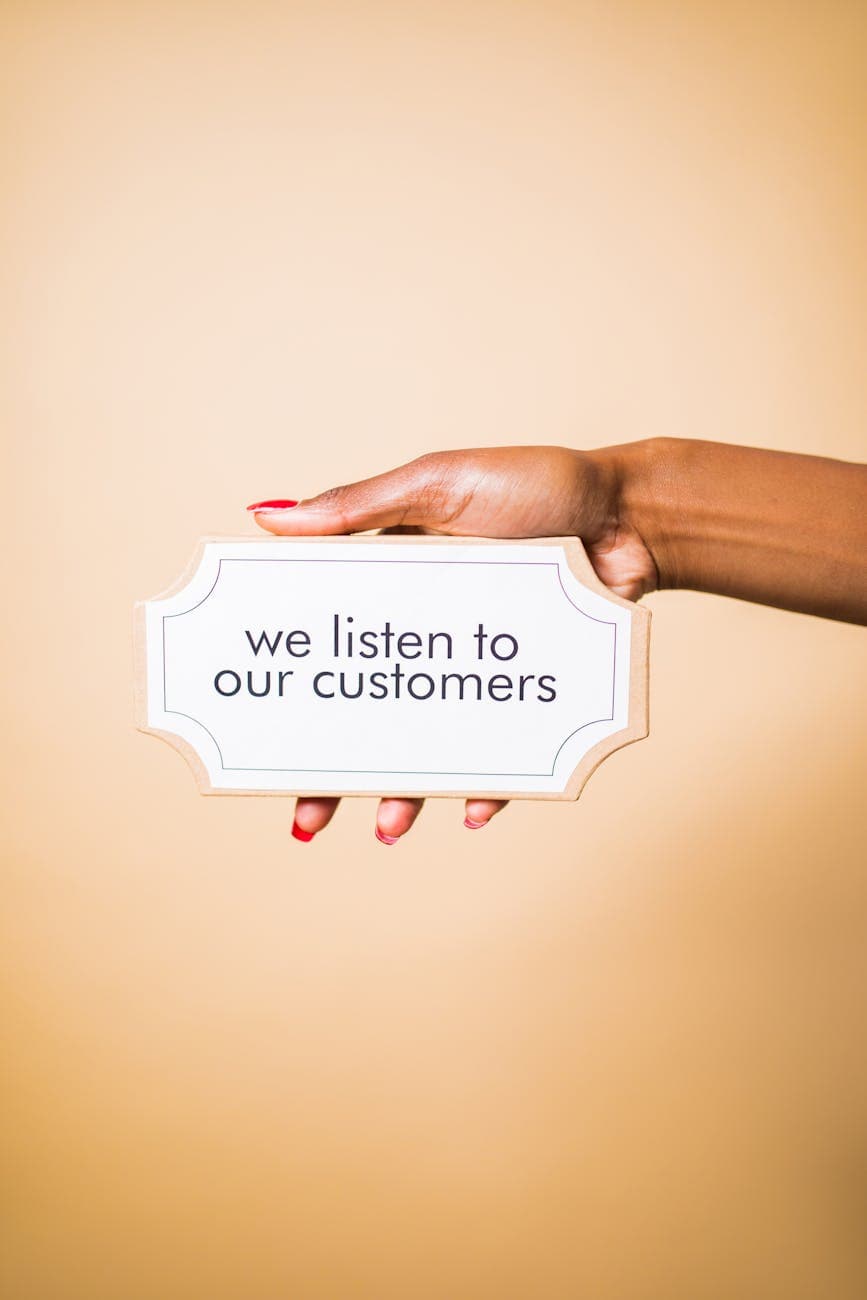The Art of Soliciting Authentic SaaS Reviews

When you browse software listings on G2, Capterra, or TrustRadius, you encounter a common scene: hundreds or thousands of glowing four- and five-star reviews, apparently-insightful blurbs, snippets of praise for customer support and features. For SaaS companies vying for attention in an overcrowded market, such reviews are not window dressing; they are essential endorsements, signals to wary prospects that theirs is the safer bet. And yet, looming over this digital applause is a persistent skepticism: are these reviews real, or are they orchestrated performances in a never-ending pageant of self-congratulation?
For vendors, the art of soliciting truly authentic SaaS reviews, ones captured in the user’s own words, is both a subtle science and a daily challenge. While the value of genuine feedback is immense, the temptation to nudge, cajole, or even manufacture sentiment can undermine both the review’s credibility and the company’s own ethical foundations. Understanding how to encourage honest voices without crossing the invisible line between engagement and manipulation is shaping up to be one of SaaS’s defining reputational tightropes.
The Power and Peril of Public Opinion
SaaS buyers have become savvy detectives. They compare reviews not just for counts, but for depth, diversity, and evidence of long-term use. They look for complaints or caveats amid the praise, recognizing that a perfect score is less trustworthy than a nuanced four-star review that lists pros and cons. This growing sophistication is the inevitable response to a market saturated with “review gating,” incentivized responses, and, at worst, outright fake submissions.
The stakes are high. For younger SaaS vendors with few reviews, a lack of testimonials can paralyze adoption. More established players, on the other hand, have to vigilantly manage their online reputations against the twin threats of negative reviews and the suspicion that too many positives are artificially generated. There is also the regulatory context: consumer-protection authorities in multiple jurisdictions are increasingly scrutinizing review practices, fining companies that blur the line between authentic feedback and covert marketing.
Beyond Bribery: A Culture of Listening
At the heart of the struggle lies a paradox. Reviews carry the most weight when users feel their opinion truly matters, yet the very act of soliciting feedback can risk reducing their voice to a transaction. The bluntest tactic is bribery, gift cards, discounts or sweepstakes in exchange for a few kind words. While this might boost quantitative metrics in the short run, it risks reducing qualitative value. Some customers might say what they think you want to hear, or submit formulaic responses.
Companies at the forefront of the authenticity movement have found that the solution is not to incentivize expression, but to cultivate a pervasive culture of listening. The best SaaS providers embed feedback mechanisms in the natural flow of customer interaction, making it effortless for users to comment on what’s working and what’s not. Automated Net Promoter Score (NPS) triggers, proactive check-ins from customer success teams, and follow-up surveys after support tickets are all subtle prompts. When executed with respect and transparency, these can gently nudge users toward sharing honest reflections outside of the heightened context of a review request.
Transparency Trumps Transaction
True authenticity begins with transparency. When SaaS companies ask for reviews, they must be explicit about why the feedback matters, both for the company’s improvement and for helping peers in the market find the right fit. The pitch is not "Help us boost our ratings" but "Your opinions help others facing the same choices you did."
This distinction matters. If customers sense desperation or a veiled ask for positive-only reviews, they will disengage or worse, distrust the company. On the other hand, if the request is framed as an opportunity to shape the future of the product, or to warn colleagues and competitors about hidden pitfalls, then the ask becomes a point of mutual respect.
Some companies go further, building feedback into their product roadmaps. By sharing how specific reviews have driven feature developments, bug fixes, or UX improvements, they close the loop, making it clear that their users’ voices do not vanish into the void. When users see that their complaints, suggestions, and even criticisms are addressed publicly and swiftly, they become collaborators rather than mere critics.
The Fine Print: Ethics and Expectations
Legally and ethically, following the letter and spirit of review platform guidelines is non-negotiable. That means no selectively asking only delighted customers for feedback. It means never filtering or hiding negative reviews. It means disclosing if reviews were prompted, and how. Such transparency avoids regulatory pitfalls and signals a baseline of integrity to everyone, from prospects to partners.
There are, of course, gray areas. Offering incentives for leaving a review, any review, positive or negative, remains a debated topic. Some argue that transparency about the incentive removes the bias, while others insist that even neutral prompts can subtly shape sentiment. Savvy SaaS leaders tread cautiously here, preferring recognition over reward: a thank-you note, a private acknowledgment, or featuring select reviews in public updates (with permission) as badges of honor.
Lessons from the Field
What distinguishes the SaaS companies who succeed in collecting authentic, trusted reviews? They treat the process not as a marketing activity but as customer engagement. They view every review as a data point, not simply to laud or counteract, but to mine for patterns, pain points, and moments of delight. When negative feedback appears, they respond publicly and with humility, showing the entire market that their commitment to improving the product is unbroken by criticism.
Perhaps counterintuitively, a healthy mix of reviews, ranging from raving fans to wary critics, is the most persuasive proof of authenticity. Buyers search for relatability, not perfection. They want evidence that the product has weathered adversity and responded with growth, that the company does not just solicit praise but survives scrutiny.
In the end, authentic SaaS reviews are not mere assets to be harvested. They are the pulse of product-market-fit, the living proof that a platform adapts to the evolving needs of its audience. In soliciting real reviews, SaaS companies are not just managing reputation, but practicing radical humility, inviting the messy, valuable, sometimes painful truth that drives innovation, trust, and long-term success. In a market where user skepticism is rising, that is the only art that matters.


